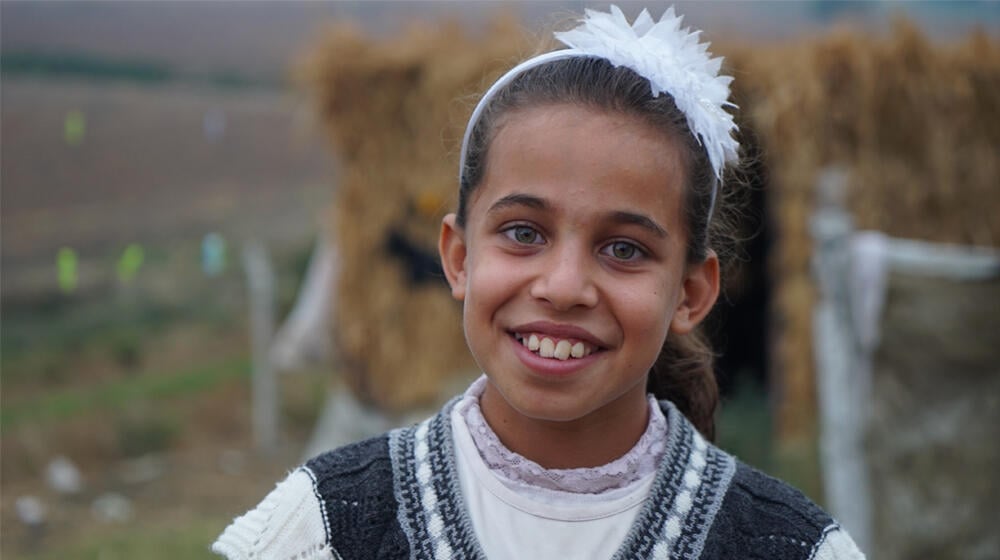Prepared by UNFPA Türkiye on Nov 13, 2024
The recent heat waves and extreme weather events worldwide underscore the urgency of addressing climate change. June 2024 was the hottest June on record, marking the 13th consecutive month of record-breaking temperatures with temperatures exceeding 50 degrees Celsius in multiple locations. The youth of today, the inheritors of a warming planet, are bearing the brunt of a crisis they had little part in creating. To effectively address the climate crisis and protect the well-being of future generations, it is imperative to put youth at the center of the global response.
Ankara, Türkiye - The health of the youth, women, and older persons are affected more by the climate crisis. Currently, the health of almost 1 billion children in the world are threatened by high or extremely high water stress, risking the development and well-being of the future generations. A child born in 2021 is projected to experience 7 times more heatwaves, 3 times more droughts, and 2 times more wildfires than their grandparents. Despite their deep concern and understanding of the climate crisis, their voices remain largely marginalized in policy making arenas. UNFPA encourages governments to empower youth and integrate them in local, regional and national administrations to unleash their potential in climate action.
Surveys consistently reveal that young people are more committed to climate action than older generations. They support bold policies such as renewable energy adoption, forest conservation, and sustainable agriculture. However, their voices are often overlooked in decision-making processes, both at national and international levels.
The health and well-being of young people are directly impacted by climate change. Air pollution, extreme heat, and water scarcity pose significant threats to their development of lungs, brain, and fertility. In addition, youth are most pessimistic and anxious about the climate crisis. This impacts their view of the future, and ideas about childbearing.
The mental health crisis among young people is also exacerbated by the climate crisis. Climate-related disasters cause mental health issues such as anxiety and eco-anxiety. Nearly half of the overall burden of disease in individuals aged 10 to 24 is attributed to mental health issues. A 2021 study of 10,000 youth from across the globe found that over 50 percent of young people surveyed felt sad, anxious, angry, powerless, helpless, and/or guilty about climate change while 45 percent said their feelings about climate change negatively affected their daily life and functioning.
To effectively address the climate crisis and protect the well-being of future generations, it is imperative to put youth at the center of the global response. UNFPA Türkiye recommends:
- Meaningful Youth Participation: Policymakers and practitioners must create inclusive spaces for youth to actively participate in decision-making processes at all levels.
- Systemic Change: Governments and institutions must address systemic barriers that hinder youth engagement, ensuring that all young people, regardless of their background, have a voice in shaping climate policies.
- Youth-Centered Climate Action Plans: Nationally Determined Contributions (NDCs) should be developed with the active involvement of youth, incorporating their priorities and perspectives.
- Targeted Investments in Youth-Led Initiatives: Governments and international organizations should invest in youth-led climate initiatives, empowering young people to implement innovative solutions.
- Education and Awareness Raising: Comprehensive climate change education should be integrated into all levels of education, equipping young people with the knowledge and skills to become effective climate advocates.
UNFPA is committed to prioritizing youth participation and investing in their leadership to enable a more sustainable and equitable future for all.



